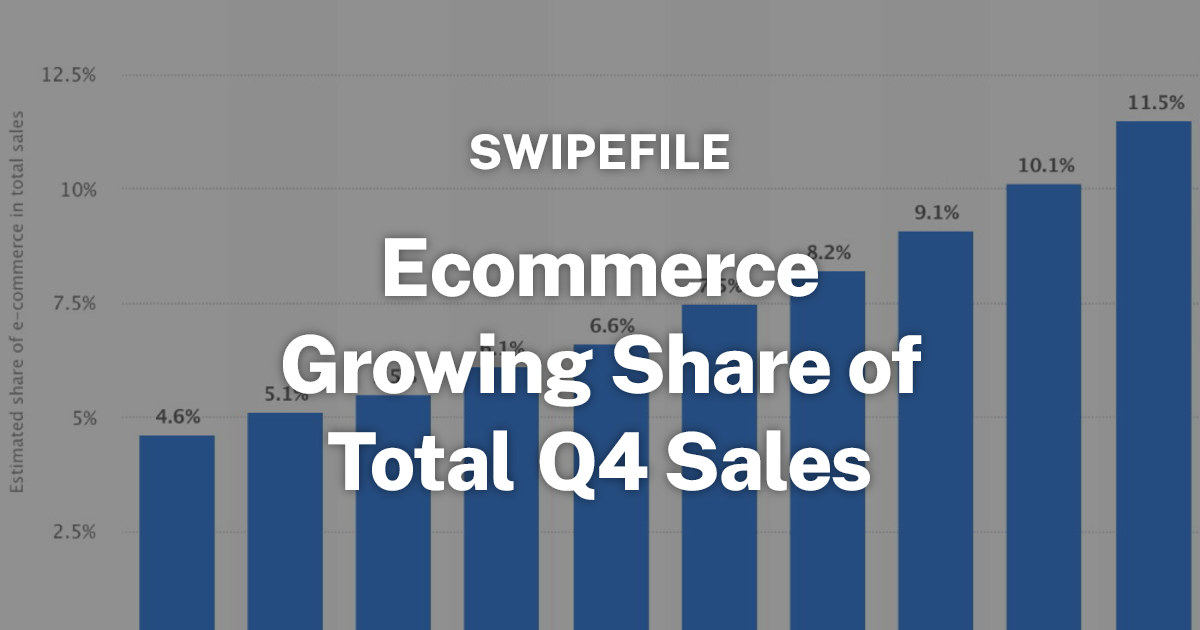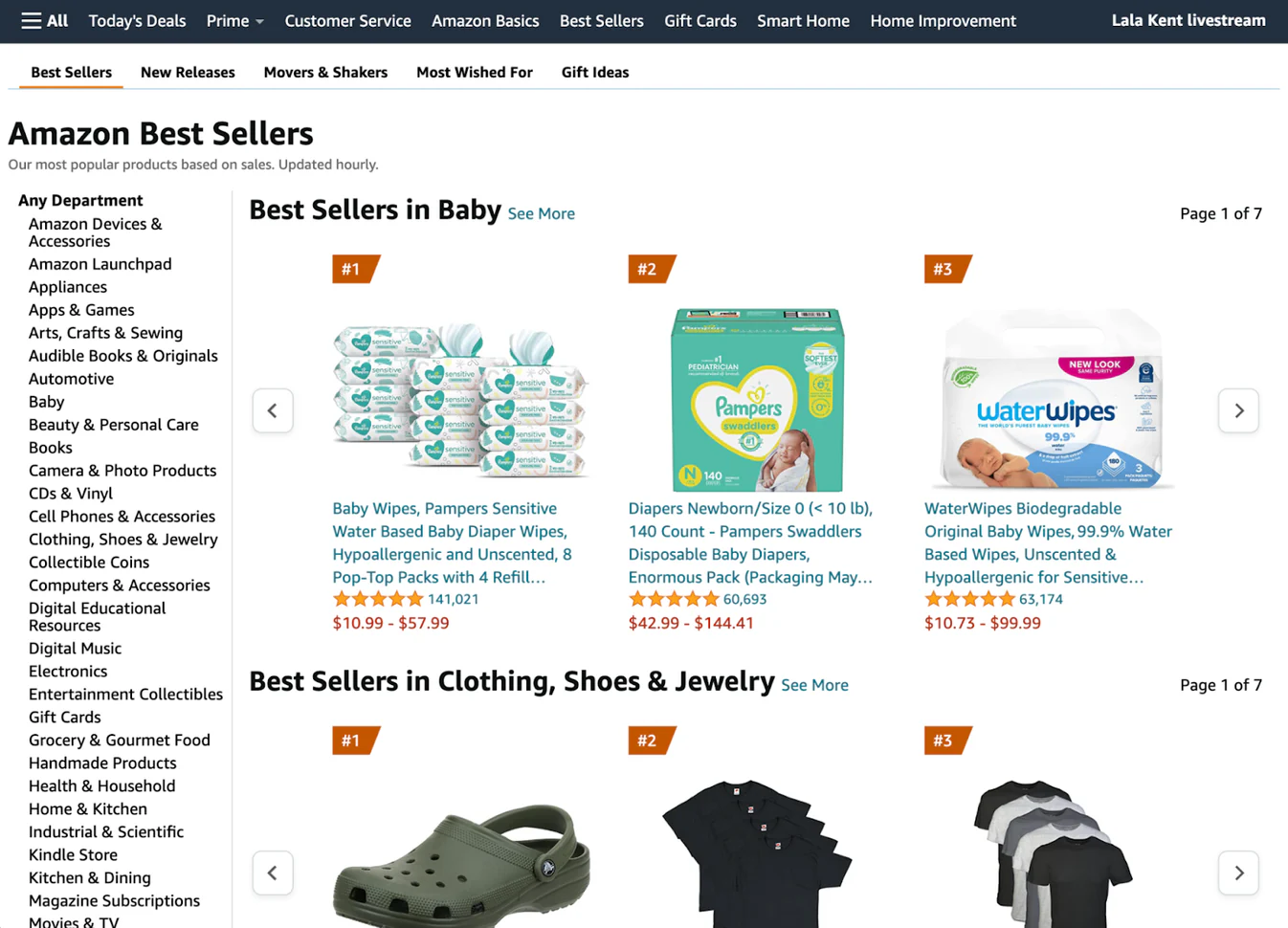October 21, 2025
October 21, 2025
October 16, 2025
October 15, 2025
October 11, 2025
October 6, 2025
DropSure is Your
Best Partner
22 Years Experience
Affiliate Rebates
100% Quality Guarantee
Top-Up Rewards
10+ Global Warehouses
Custom Branding Support
Smart inventory System
24/7 Customer Support
Get a Quote in 24 Hours








